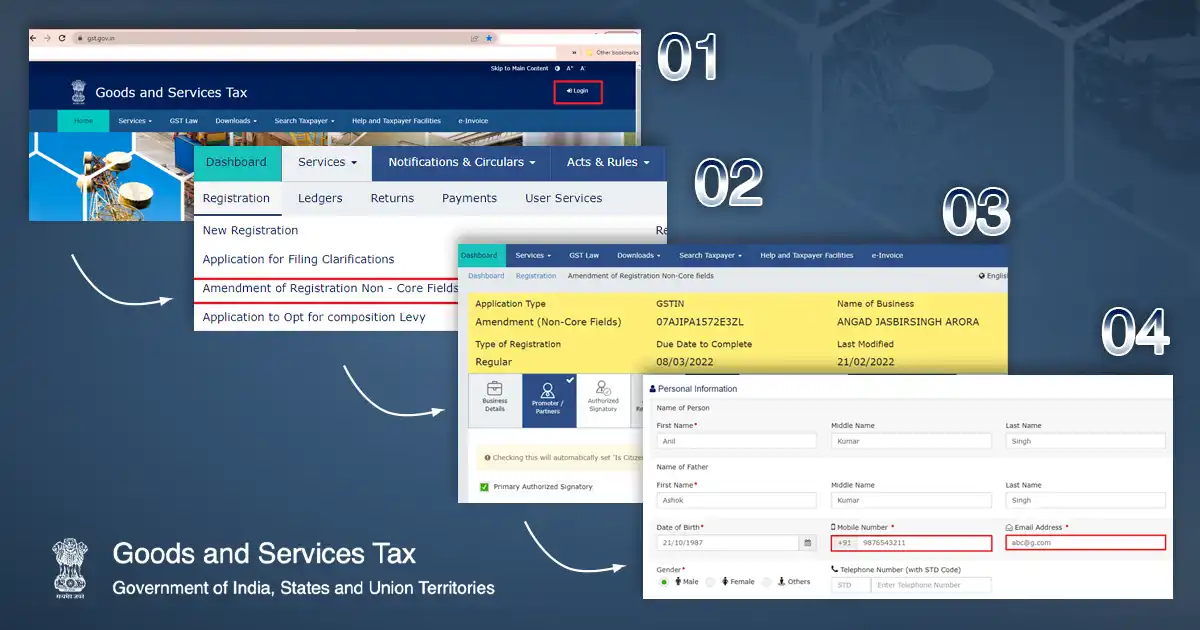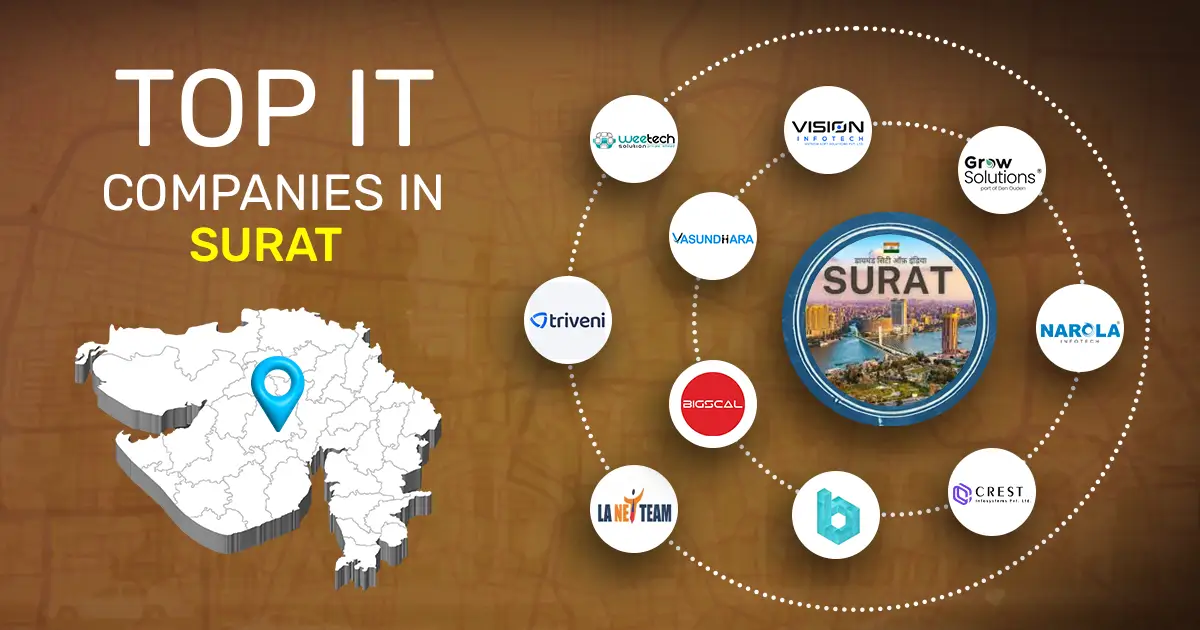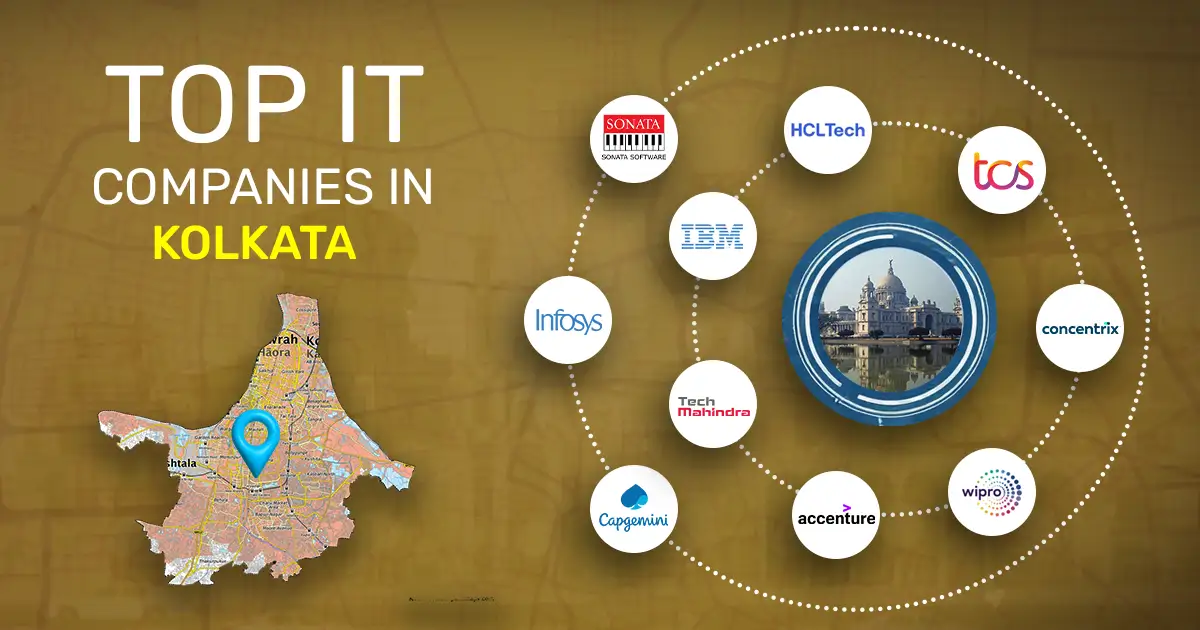Germany stands as a beacon of stability, innovation, and opportunity in the heart of Europe, making company setup in Germany a strategic move for businesses aiming to grow. With a skilled workforce, top-tier infrastructure, and strong focus on research and development, it offers a clear competitive edge.
The country’s reputation for precision, efficiency, and quality makes it a trusted destination for global enterprises aiming to build credibility and long-term partnerships.
1. German Economic Landscape and Opportunities for Indian Businesses
Germany boasts the largest economy in Europe and the fourth-largest globally, offering a well-developed and diversified market. For Indian businesses, this means access to a high-income customer base and demand for a wide range of products and services, from IT and pharmaceuticals to textiles and machinery.
Key sectors such as automotive, mechanical engineering, green technology, and digital innovation are booming. Indian companies can leverage Germany's innovation-driven environment to scale, collaborate, and co-develop solutions that meet both European and global standards.
2. Legal and Political Stability
Germany’s transparent and predictable legal system provides a solid foundation for foreign investments. The country upholds strict laws, intellectual property rights, and contract enforcement, which significantly reduces business risk.
Additionally, Germany’s strong democratic institutions, consistent policies, and low corruption levels contribute to a stable political climate, an essential factor when planning long-term business operations abroad.
3. Access to the European Single Market
With a company setup in Germany, you gain automatic access to the European Union’s single market, with over 450 million consumers across 27 member states. This brings key advantages like tariff-free trade, unified regulations, and efficient cross-border logistics.
Businesses can easily expand distribution, access EU funding programs, and benefit from Germany’s central location and top-tier connectivity to major European hubs.
4. Germany's "Mittelstand" Model for SMEs
Germany’s famed “Mittelstand” represents a dynamic ecosystem of small and medium-sized enterprises (MSMEs) that form the backbone of the national economy. These companies are often family-owned, deeply specialized, and internationally oriented.
The Mittelstand culture emphasizes long-term planning, high-quality standards, employee training, and close cooperation with research institutions. For new businesses, especially from countries like India, this environment offers immense opportunities for B2B collaboration, joint ventures, knowledge sharing, and access to supply chains embedded in global markets.











